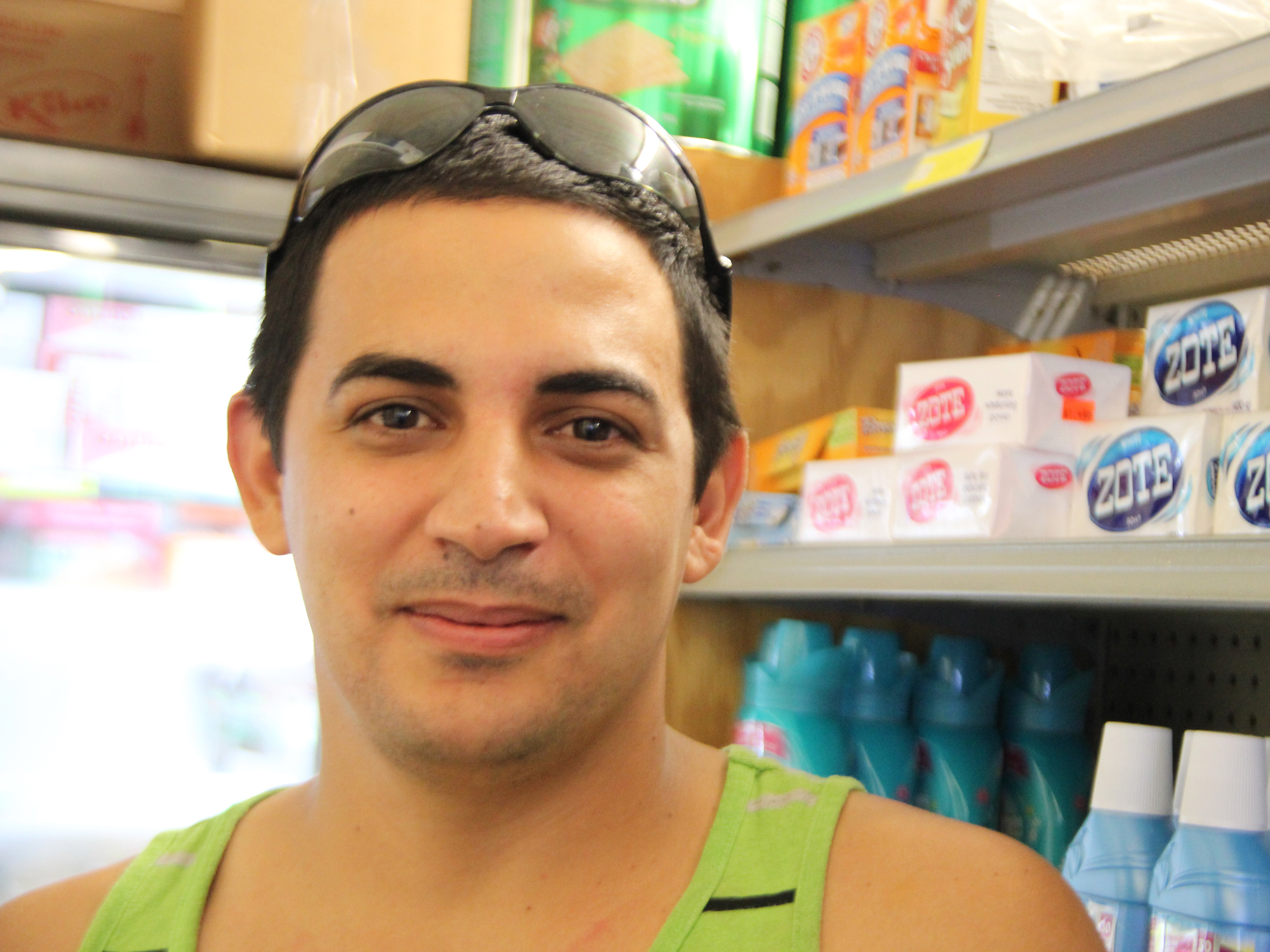Rolando Marquéz remembers his life in Cuba. It was difficult, he said.
“The Cuban government is very intelligent — it separates people,” the 30-year-old said Friday afternoon as he sat inside Orlando Latin Market.
He quickly listed several acronyms of organized groups on the island, including the Committees for the Defense of the Revolution (Comités de Defensa de la Revolución), or CDR. The CDR is a network of neighborhood committees across Cuba that is considered the “eyes and ears of the Revolution.”
Groups such as the CDR make it easier to dominate you, track what you’re doing, Marquéz said.
“You have to adapt to that system. Then comes the moment when you’re 13, 14 years old and begin to think for yourself,” he said. “The ideas don’t dominate you and you change.”
Originally from Chambas, a municipality and town in the Ciego de Ávila Province of Cuba, Marquéz arrived in the United States a decade ago in 2005.
(LISTEN: Marquéz speaks in Spanish about life in Cuba in the below audio clip)
He first settled in Fort Lauderdale, Florida. It was what he expected, he recalled.
“I didn’t have that impression that people get of ‘Wow, this left an impression on me when I arrived. I didn’t imagine it this way’ — no,” Marquéz said. “I lived in Cuba… so I imagined a place with everything. You understand? Where all my necessities would be covered, where my only objective was to work and I would have everything covered.”
The U.S. was everything Marquéz had imagined. Asked if he’s happy here, the father of two didn’t hesitate — yes, he said.
“With all its bad things and its good things. We’re talking about the world here — there’s nothing here that’s perfect but yes,” he said. “Completely happy.”
